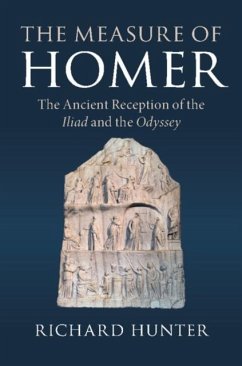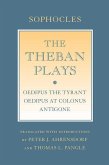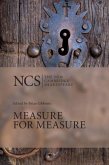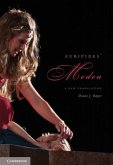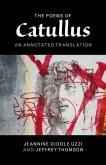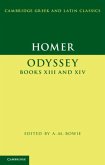Homer was the greatest and most influential Greek poet. In this book, Richard Hunter explores central themes in the poems' reception in antiquity, paying particular attention to Homer's importance in shaping ancient culture. Subjects include the geographical and educational breadth of Homeric reception, the literary and theological influence of Homer's depiction of the gods, Homeric poetry and sympotic culture, scholarly and rhetorical approaches to Homer, Homer in the satires of Plutarch and Lucian, and how Homer shaped ideas about the power of music and song. This is a major and innovative contribution to the study of the dominant literary force in Greek culture and of the Greek literary engagement with the past. Through the study of their influence and reception, this book also sheds rich light on the Homeric poems themselves. All Greek and Latin are translated.
Dieser Download kann aus rechtlichen Gründen nur mit Rechnungsadresse in A, B, BG, CY, CZ, D, DK, EW, E, FIN, F, GR, HR, H, IRL, I, LT, L, LR, M, NL, PL, P, R, S, SLO, SK ausgeliefert werden.

